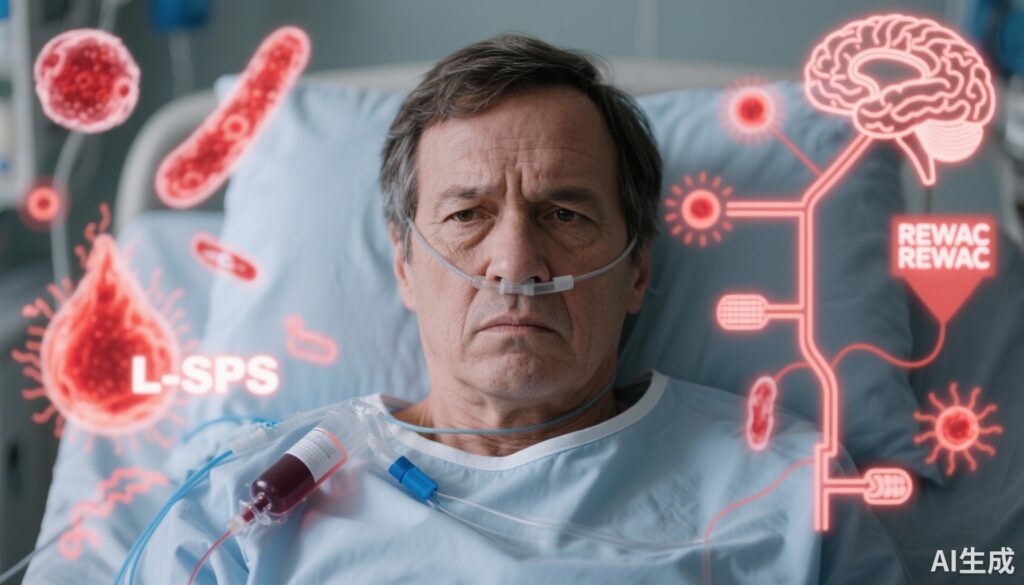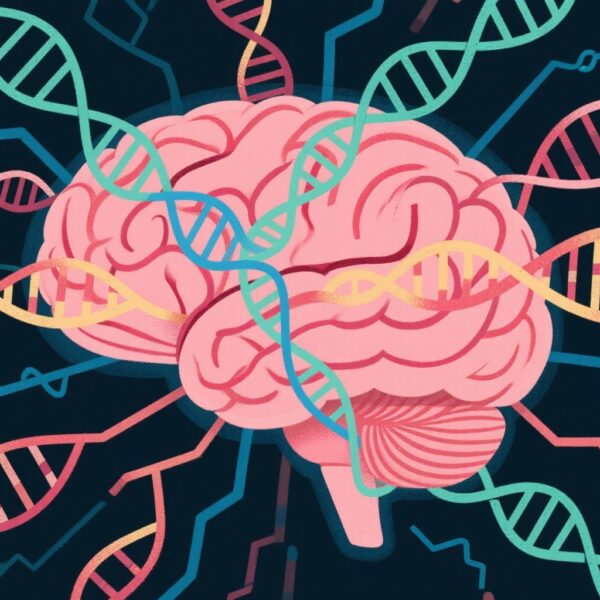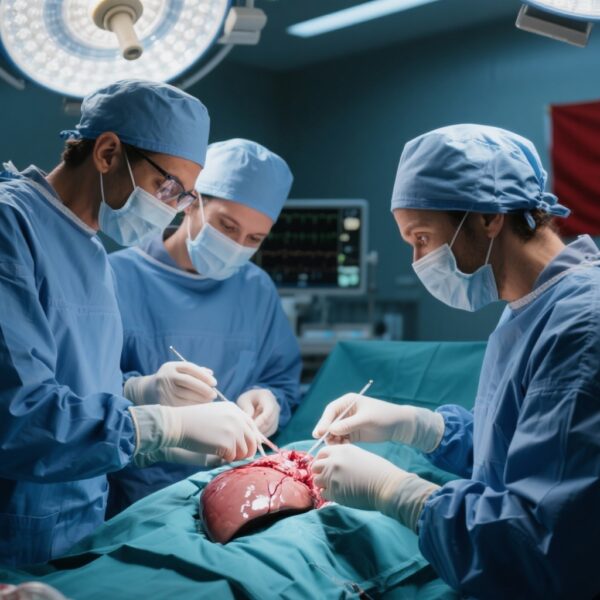Highlight
This randomized controlled trial demonstrates that in adults with major depressive disorder (MDD), those with elevated systemic inflammation—as indicated by high baseline serum C-reactive protein (CRP)—show increased anhedonic symptoms following a standardized inflammatory challenge with lipopolysaccharide (LPS). Significant elevations in interleukin-6 (IL-6) accompanied this symptom exacerbation, suggesting a biologically primed inflammatory sensitization influencing reward-related neuropsychological processes.
Secondary findings indicated dynamic depressive symptom changes over 24 hours, emphasizing the complex temporal relationship between inflammation and mood in MDD. These findings support targeting inflammation in precision psychiatry approaches for anhedonia in depression.
Study Background
Major depressive disorder affects millions globally and is characterized by heterogeneous symptomatology including anhedonia—the diminished ability to experience pleasure. Emerging evidence implicates systemic inflammation as a key pathophysiological mechanism in a subset of depressed individuals. Elevated CRP is a reliable biomarker of low-grade systemic inflammation and correlates with severity and treatment resistance in depression.
Animal models and limited human data suggest that inflammation can disrupt neural circuits involved in reward processing, directly contributing to anhedonia. However, the clinical significance and mechanistic pathways of this inflammation-anhedonia link in MDD patients remain incompletely elucidated. This study addresses a critical need for experimental human data probing causal relationships.
Study Design
This double-blind, parallel-group RCT enrolled 68 adults diagnosed with MDD. Participants were stratified by baseline CRP into high (≥3 mg/L) and low (≤1.5 mg/L) inflammation groups. They were randomized 1:1 to receive a single intravenous dose of LPS (0.8 ng/kg), an established inflammatory stimulus, or placebo (saline).
Blood samples were collected at multiple time points up to 1 week post-intervention for cytokine quantification of IL-6, IL-10, and tumor necrosis factor (TNF). Psychological assessments including the Snaith-Hamilton Pleasure Scale (SHAPS), focusing on anhedonia, and the Montgomery-Åsberg Depression Rating Scale (MADRS), were administered with the primary endpoint at 1.5 hours, coinciding with LPS-induced peak inflammatory response.
Key Findings
The primary analysis demonstrated that participants in the high-CRP LPS group experienced significantly greater increases in anhedonia as measured by the SHAPS between baseline and 1.5 hours compared to the low-CRP LPS group (p<0.05). This suggests that pre-existing systemic inflammation primes individuals to react more strongly to inflammatory stimuli with exacerbation of reward deficits in depression.
Concordantly, IL-6 levels rose more steeply in the high-CRP LPS subgroup, reinforcing the biological underpinning of psychological changes. No statistically significant differences emerged in TNF or IL-10 levels, delineating a cytokine-specific response pattern.
Secondary exploratory analyses of depression severity (MADRS) at later time points revealed a complex interaction: the high-CRP LPS group exhibited a greater reduction in MADRS scores from baseline to 24 hours, potentially reflecting post-inflammatory mood recovery or modulation by compensatory anti-inflammatory mechanisms.
Importantly, the placebo groups, irrespective of CRP stratification, did not show significant changes in anhedonia or cytokine levels, supporting the specificity of the inflammatory challenge effect.
Expert Commentary
This study is a rigorous step forward in clarifying the role of inflammation in modulating core depressive symptoms such as anhedonia. By stratifying patients by CRP, the authors add granularity needed to understand inflammatory susceptibility. The differential IL-6 response aligns with preclinical models highlighting IL-6’s pivotal role in neuroimmune crosstalk affecting dopamine reward pathways.
Limitations include moderate sample size and the short-term nature of assessments which may not capture chronic inflammation-depression dynamics. The paradoxical MADRS improvement at 24 hours warrants further mechanistic studies. The lack of neuroimaging to directly examine neural correlates of anhedonia also limits translation.
From a clinical perspective, these findings justify exploring anti-inflammatory adjunctive treatments specifically in MDD patients marked by elevated CRP, potentially improving outcomes where anhedonia predominates. Future trials should incorporate longer follow-up, expanded immunophenotyping, and integration of neurobiological endpoints.
Conclusion
The study establishes that systemic inflammation amplifies anhedonic responses to an acute inflammatory trigger in adults with major depressive disorder, underscoring inflammation’s role as a modulator of depression symptomatology. These results enhance the biological plausibility for inflammation-targeted therapies to alleviate anhedonia in inflammatory depression subtypes, advancing personalized treatment strategies.
Ongoing research is critical to delineate precise neuroimmune mechanisms, validate predictive biomarkers, and translate these insights into clinical practice, with the ultimate goal of improving quality of life for patients with treatment-resistant depression.
Funding and Registration
Details on study funding and clinical trial registration were not provided in the source information.
References
Savitz J, Figueroa-Hall LK, Teague TK, Yeh HW, Zheng H, Kuplicki R, et al. Systemic Inflammation and Anhedonic Responses to an Inflammatory Challenge in Adults With Major Depressive Disorder: A Randomized Controlled Trial. Am J Psychiatry. 2025 Jun 1;182(6):560-568. doi:10.1176/appi.ajp.20240142.
Miller AH, Raison CL. The role of inflammation in depression: from evolutionary imperative to modern treatment target. Nat Rev Immunol. 2016 Jan;16(1):22-34.
Kohler O, Petersen L, Mors O, Gasse C. Inflammation and depression: Combined study of genetic variants and plasma markers in patients with major depressive disorder. J Psychiatr Res. 2019 Oct;116:188-199.



